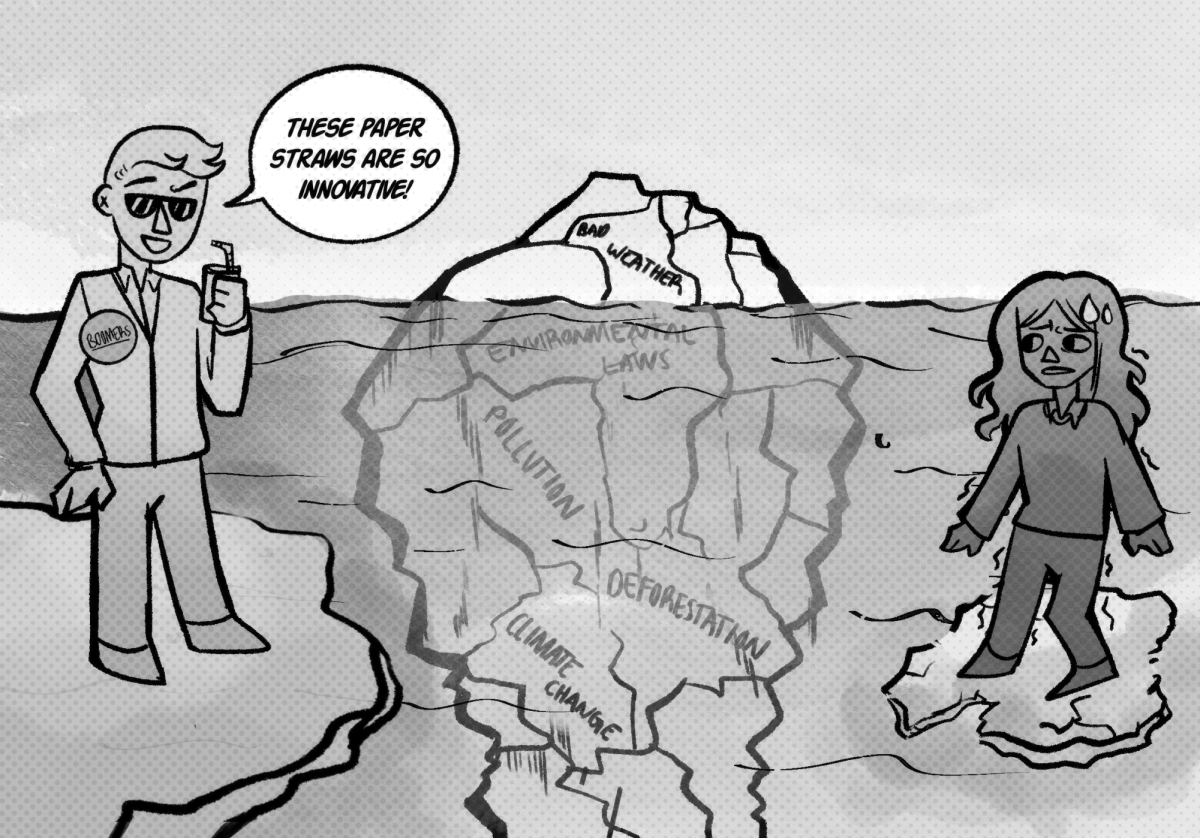Throughout my 17 years of being disabled on this earth, I’ve been fortunate enough to rack up a plethora of bizarre questions, remarks and thoughts that people have on my situation and disability. I truly don’t mind questions that come up, as I find it fun to be able to explain myself, but sometimes people ask some rather random questions that come out of nowhere.
However, among the usual questions about how I do a specific activity are the occasional questions that leaves me ever so slightly bewildered at the fact that I was asked a question that’s so out of the ordinary. These odd questions range from what very specific things I can or can’t do, all the way to people’s potential theories on how to get me walking, which I always enjoy if I’m being honest. Here are just a small handful of the weird things I’ve been told.
I admit, I don’t exactly have the greatest handwriting, and this could be sometimes problematic as in my eighth grade Spanish class, the way homework was graded was by giving it to the person behind you, and since I was in the back row, it was sent up front. It turns out that the person grading my homework would frequently say “Why doesn’t Owen just try harder,” in reference to the quality of my handwriting. I didn’t really mind this, but the person could’ve just talked to me instead and I would’ve gladly obliged, but instead I purposefully wrote illegibly out of spite.
This one is more of a general question, but at least once a month I’m asked questions along the lines of “Why are you in a wheelchair?” As I receive this question so often, I’ve started telling people increasingly wackier stories until they realize I’m just messing around. Some of my favorites include being hit by a stray hockey puck, getting hit by the hose from a fire truck and having one of my vertebrates misplaced during a surgery.
I’ve also been asked if there’s a cure, which is funny because even when I explain my limbs are physically fused together, people still think that it’s possible. This one doesn’t necessarily bother me, but I do strongly dislike the notion that disabilities need a cure; It implies that being disabled is inherently a bad thing that needs to be “fixed.”
I also enjoy getting random remarks on how I do things my way, such as how I use utensils like forks and knives. There is nothing more uncomfortable than having someone tell me that they love the way I eat, and it’s totally not awkward to hear and attempt to respond to. I’m very much used to these types of statements as I understand that seeing me do something ordinary in an unique way can be cool to watch, but you wouldn’t go up to someone in a restaurant and say “I love the way you cut your chicken.”
Last, but certainly not least, is the time someone asked if I could just not think about being disabled and just start walking, sort of a mind over matter type of belief. Given that I was a freshman at the time, it was so hard not to just tell the person how stupid their question was. Almost always I have no problem with the questions being asked, but it was genuinely so bizarre I didn’t really know what to say in response besides an assertive “No.”
The real takeaway that I try to teach people from all this is that if you’re going to ask a disabled person a question about what or how they might do something, stop and think on whether or not you would ask this question to literally anyone else. It’s okay to be curious, but it’s not okay to act like disabled people are “things” that don’t deserve respect.











AH • Dec 4, 2023 at 6:24 pm
Unfortunately, many people don’t think before speaking. So glad that you have a good sense of humor and that you write articles like this to get people to think.